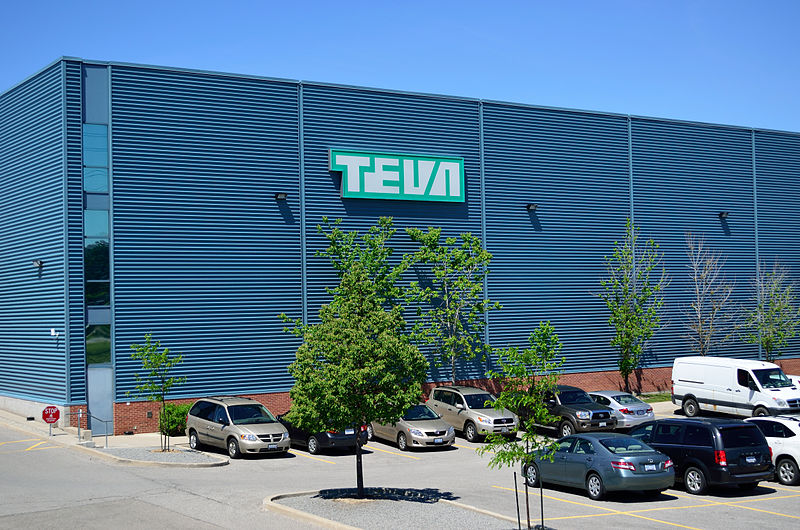Teva sells women's health division to tackle $35bn debts

Teva has sold its women’s health business in order to pay off some of its $35 billion in debts built up in acquiring Allergan’s generics business.
The Israel-based firm said it has entered two agreements to sell remaining assets of its speciality global women’s health business for $1.38 billion.
Proceeds from these sales and from the recently announced sale of the Paragard contraceptive coil total $2.48 billion.
The world's largest generics firm, Teva has agreed to sell a group of women’s fertility, menopause and osteoporosis drugs marketed outside the US to CVC Capital Partners Fund VI for $703 million.
The portfolio includes IVF drug Ovaleap, oral contraceptive Zoely, plus other products, which generated $258 million in sales during 2016.
It has also agreed to sell its Plan B One Step morning-after pill, and other emergency contraceptive products to Foundation Consumer Healthcare.
Combined annual sales of these products for the full year 2016 were $140 million.
Earlier this month, Teva agreed to sell its Paragard contraceptive coil to a unit of US medical devices specialist Cooper Companies for $1.1 billion.
Teva is still under the leadership of interim CEO Yitzhak Peterburg, until Kare Schultz joins from Lundbeck to take over.
[caption id="attachment_31886" align="alignnone" width="143"] Yitzhak Peterburg[/caption]
Yitzhak Peterburg[/caption]
Peterburg said that the sale had “exceeded expectations”. He added: “Teva is extremely pleased to enter into these agreements with CVC Capital Partners and Foundation Consumer Healthcare, which progress our ability to repay term loan debt while also providing a clear path forward for these important products to continue to be available to women throughout the world.”
The debts are a legacy from Teva’s $40.5 billion acquisition of Allergan’s generics business, which was formerly known as Actavis.
Teva is also trying to sell off its oncology and pain business in Europe, as well as Medis, an Icelandic unit that develops generics for other companies.
It may also sell off some of its respiratory treatment assets, according to reports earlier this year.











